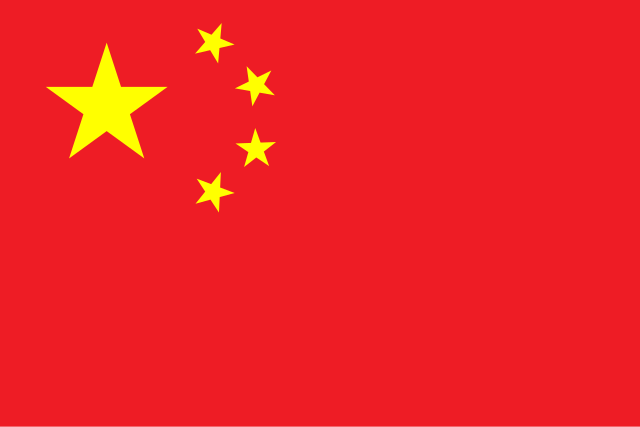Here is a recent example from The Wall Street Journal:
More than a dozen financial advisers claim to have given speeches at Harvard Business School or the U.S. Military Academy at West Point, but they weren’t invited to speak by those leading universities.
Instead, they were invited by Clint Arthur, an erstwhile screenwriter, former taxi driver and organic-butter salesman who rents club space on campus, throws up staging emblazoned with symbols resembling the school’s insignia, invites celebrities like actress Suzanne Somers–and enables advisers to adorn themselves with the prestige of Harvard or West Point.
Mr. Arthur, age 52, born Arthur Clinton Gross, is a charismatic marketing impresario who trains businesspeople — including, so far, about three dozen financial advisers — in media skills. He charges roughly $5,000 to $25,000 for programs that often include an appearance on a prestigious campus.
That helps his clients stand out amid hundreds of thousands of financial advisers offering similar services whose quality is hard for consumers to distinguish.
According to emails reviewed by The Wall Street Journal, Mr. Arthur paid $10,000 for a sponsorship arrangement with a students’ entrepreneurship club at Harvard Business School in 2015 and renewed the arrangement in 2016 and 2017. Mr. Arthur also said, “our use of the words ‘Harvard Business School’ was reviewed and approved by Harvard.”
While a handful of think tanks advertise or reveal the entities behind a particular event (if there is one), Think Tank Watch is aware of numerous think tanks that do not provide any information about sponsors of events.
